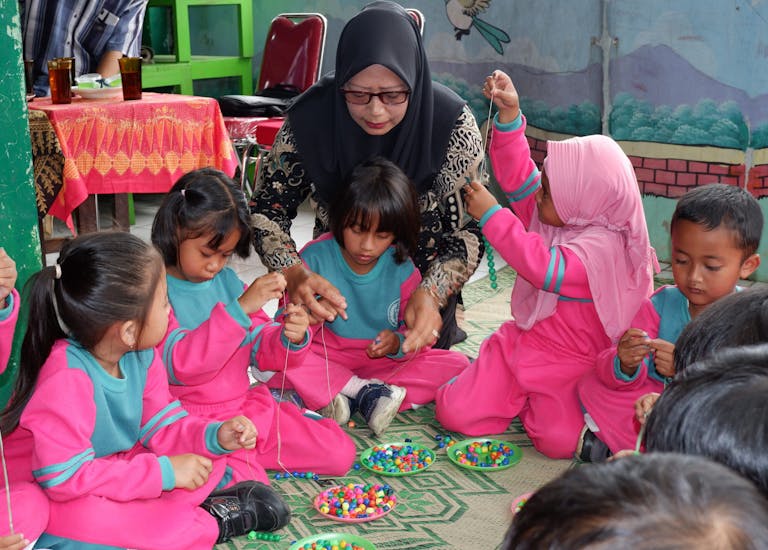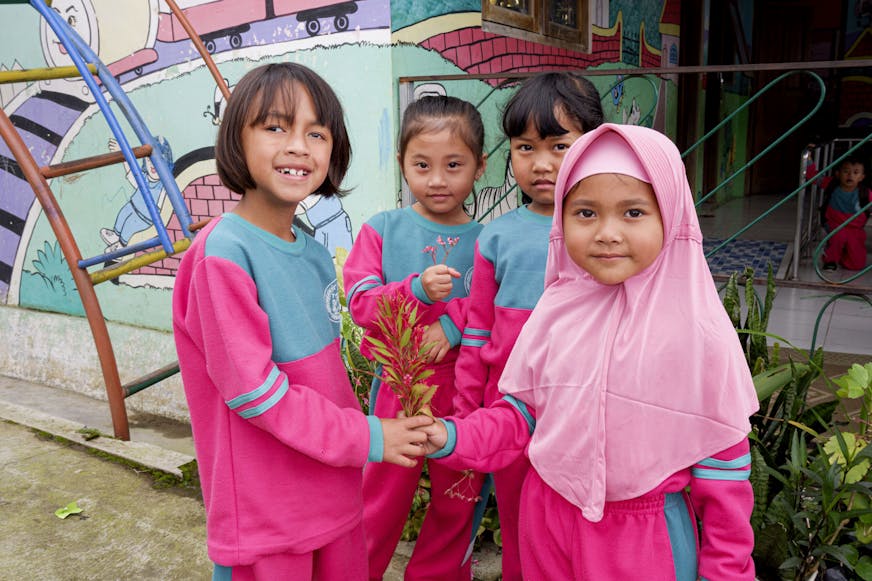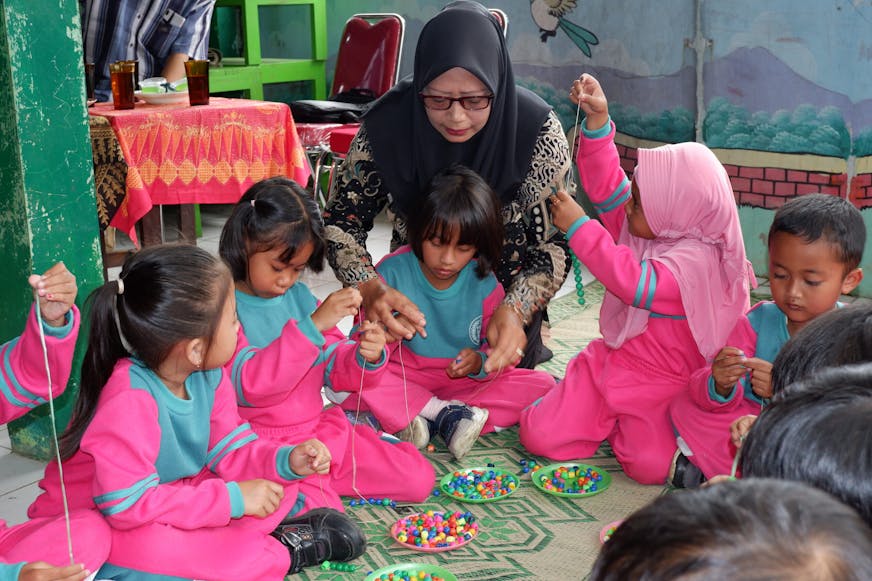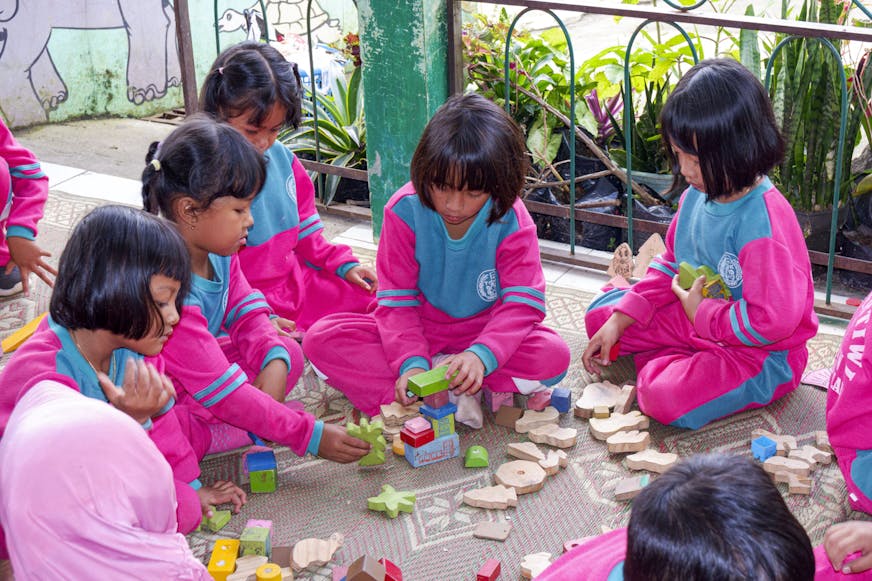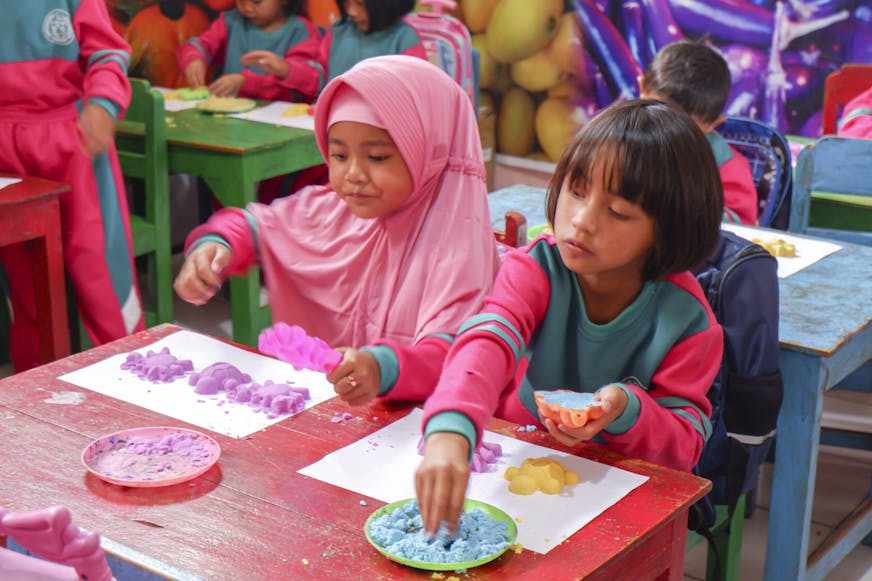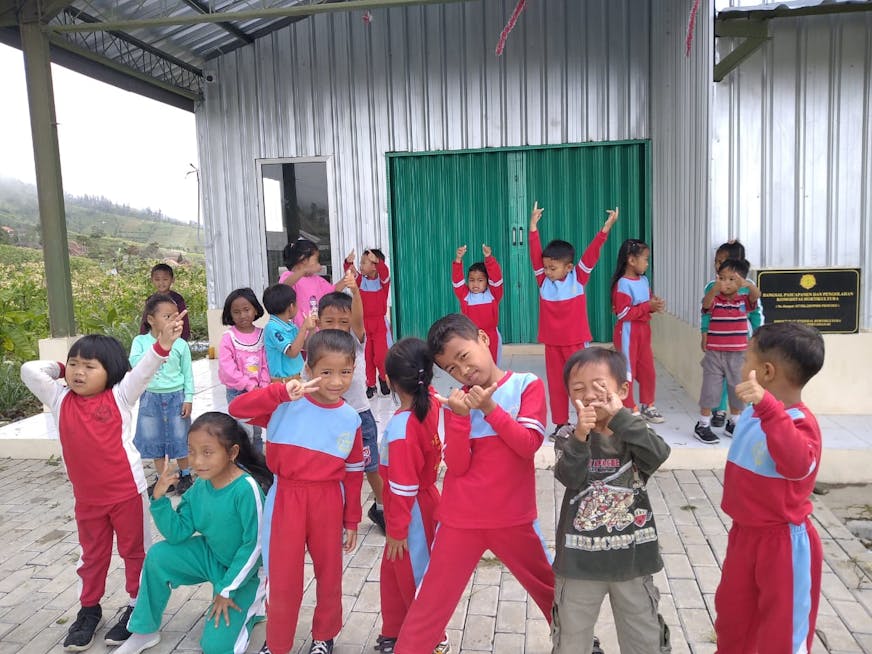Inclusive Play-based Early Childhood Education (IPECE)
Fundamental Step for Life-Long Learning for All
Inclusive Play-based Early Childhood Education (IPECE) provides play-based learning and educational activities for children from the age of 3 years onwards in a group setting. With a holistic approach to support children’s early cognitive, physical, social and emotional development and encourages them to explore their surrounding world and environment.
IMPORTANCE
One of our main topics of focus is inclusive education for children with disabilities. We believe that when children are identified as early as possible, they can be stimulated with suitable rehabilitation and early education interventions. This in turn can prevent children getting secondary and more severe types of impairments. Early childhood identification, intervention and prevention strategies are far more (cost-)effective, in terms of tackling disability related barriers and limitations, disadvantage, vulnerability and social exclusion, than corrective measures later on in life. IPECE through its unique set up with a balance between exploration and imitation, teacher led and child-initiated play, individual and group activities, and its tangible teaching and learning materials offers a unique opportunity for caregivers/teachers to support and for children to learn (at their own pace). This makes IPECE is a strong foundation for a life-long learning for all, including for children with disabilities.
IPECE offers many opportunities for children with disabilities, such as improvements in social, emotional and behavioral development, language and recognition, self-reliance, positioning, mobility and prevention from complexity/severity of disability. All these interventions can be done in a playful way with games that are suitable for these children and which can offer the correct amount of stimulation in a safe environment with diverse practitioners from the rehabilitation, education, social, remedial-pedagogical and psychological/mental health sectors.
Good practice on IPECE from Indonesia
In Indonesia, our two partner organizations Yayasan Penderita Cacat Mental (YPCM) and Yayasan Sosial Ibu Anfrida (YSIA) contribute to IPECE through non-formal preschools by assisting in the inclusion of 23 children with disabilities in these schools.
As a result of qualitatively good and holistic pre-schooling services, children with disabilities developed their self-confidence and skills, could enrol in primary schools and were accepted by their peers and supported by their teachers. Last year seven children with disabilities were accepted in regular primary schools. The participants in this project recommended promoting the visibility of IPECE services through leaflets, posters, and videos so that more children with disabilities can be included.
Nabila
One of the children in the IPECE program of YPCM in Indonesia is Nabila, a 5 year old girl, she cannot hear and speak well.. Through IPECE, Nabila is able to participate in preschool. At first Nabila felt insecure to communicate because of her deaf-mute disability until a classmate invited her to play together in the school garden. This was the moment Nabila started opening up, first to this one friend and step by step she began to socialize with her classmates and her supportive teachers. IPECE through its play-based, interactive set-up with both small and bigger group activities helps Nabila to feel comfortable to communicate with her friends. It helps her develop self-confidence, self-reliance, cognitive, physical, social and emotional skills and diminishes the severity of her disability.
